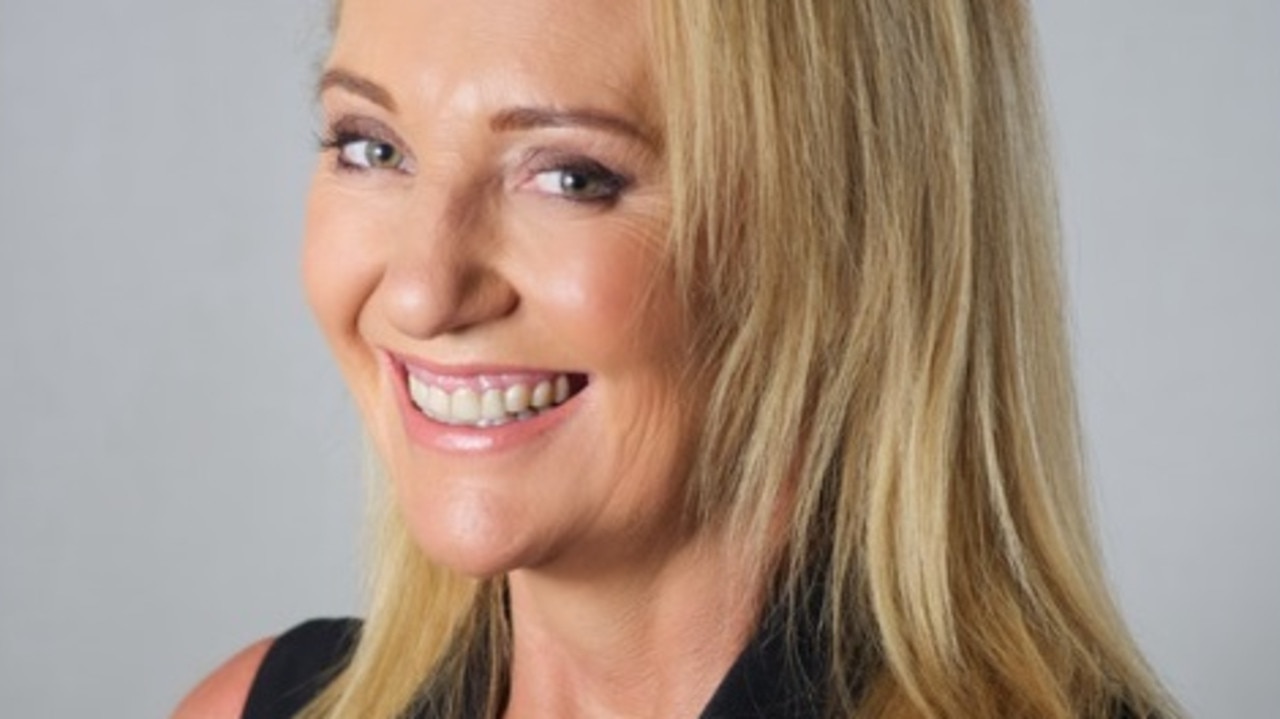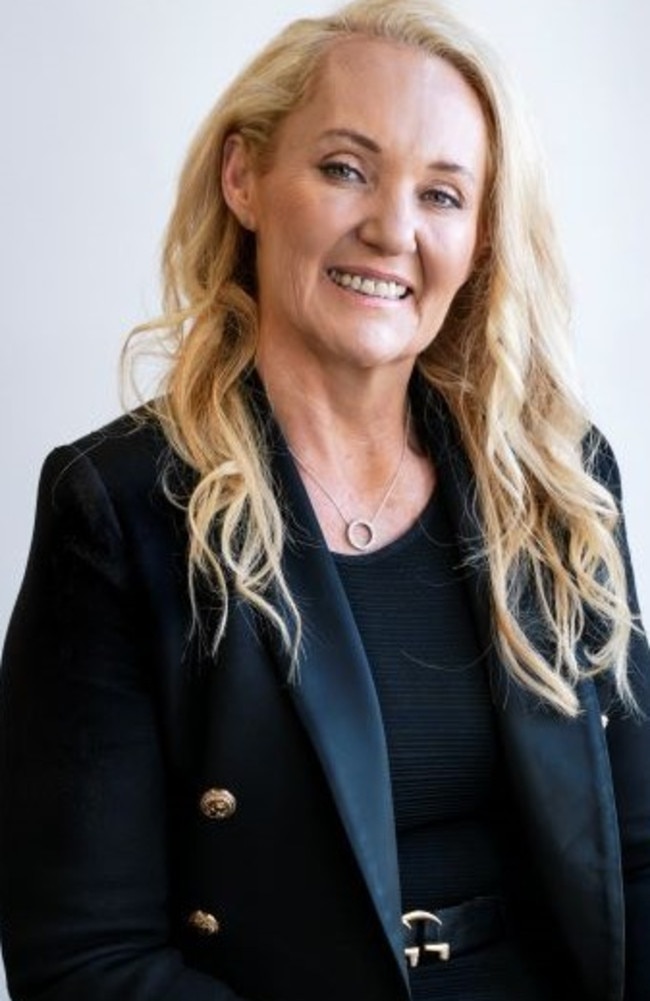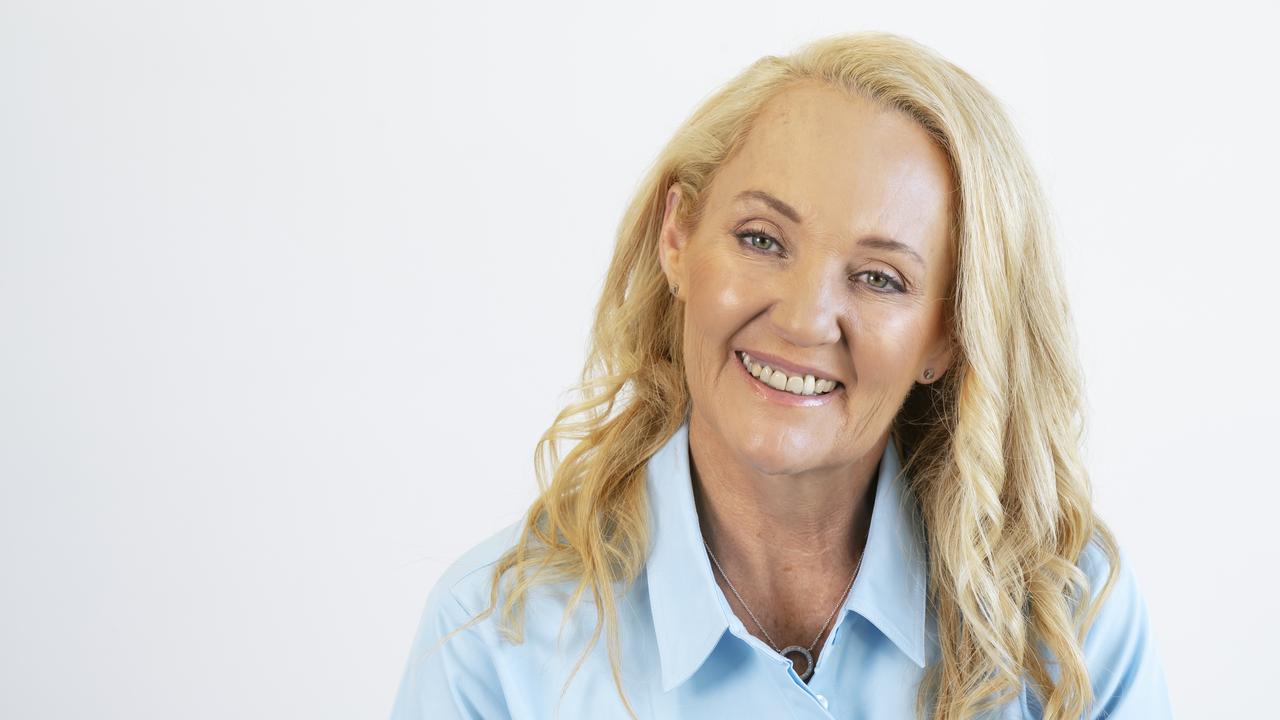‘Debilitating’: Hidden struggle of Australian women
Victorian business-owner Donna seemed to be nailing life – until everything suddenly changed and started “crumbling down”.
To the outside observer, as Victorian business-owner Donna Groves approached her late forties, she was objectively nailing life across the board.
Running a successful community engagement consultancy, active in the community and heavily involved in sport and exercise, she was the picture of success and achievement.
Internally, however, the pressure was beginning to build.
“A lot of things happened at once,” Donna explains.
“Covid happened, and because my business was related to the construction industry, we were considered essential workers, so I was working 16-hour days while we were in lockdown.”
Donna, who had always been fit, suddenly noticed that her physical ability was declining.
“I’ve got a long history of alcoholism in my family, and I’ve never been a big drinker. I’ve always been sporty. All of a sudden, I’m drinking a little bit more and a little bit more, to the point where I realised – I can’t have this in my life at all,” Donna says.
“Everything started crumbling down: my health, my fitness, and I got to a point of complete burnout. I had a frozen shoulder, something I was preparing to have a reconstruction for. I was having sweaty palms and bulging eyes, symptoms of a thyroid disorder I’d treated years earlier by having my thyroid removed. Even tastes were strange to me on my tongue: I used to love coriander, but it just tasted like nothing to me all of a sudden.”

Emotionally, things were just as dire.
“I wasn’t functioning at work. My team didn’t know where their caring manager had gone. I was always driven, but I was always caring.”
At home, Donna recalls feeling suddenly numb.
“When the breakdown came, it was like I was numb to the world. I’ve always been a fighter. I’ve always been someone who’s got a lot of energy, and then all of a sudden, I just didn’t have anything. It was complete overwhelm. I still loved my family, but I just couldn’t be everything to everyone all of a sudden. I think it was really hard for them, because mums are often the centre of the universe in the house, and all of a sudden, I just couldn’t do everything that I’d done before.”
Australia is in the grips of a mental health crisis, and people are struggling to know who to turn to, especially our younger generations. Can We Talk? is a News Corp awareness campaign, in partnership with Medibank, equipping Aussies with the skills needed to have the most important conversation of their life.
Donna also suffered a devastating personal loss during this time.
“My grandmother, who had been like a mother to me, died,” she explains.
“Then that final lockdown in Melbourne was called, and finally it all became too much,” she explains. “I stayed in bed for a week, then decided I needed to get help. I went to my GP, who ran a bunch of tests.”
It was then that Donna’s GP flagged that many of her symptoms could actually be caused by perimenopause.
“The perimenopause is the period of our lives where our hormones begin to decline, but you’re yet to go a full 12 months without a period,” explains Dr Louise Newson, an internationally-recognised expert in the subject and author of The Definitive Guide to the Perimenopause and Menopause.

“The impact that this decline can have on our mental health and mood is significant, if often under-discussed.”
Perimenopause can last as long as a decade, and studies have shown it significantly increases the risk of adverse mental health episodes. One 2018 study found “many women with no past psychiatric history experience severe mood symptoms for the first time in their life during the menopausal transition, with debilitating long-term consequences.”
For Donna, this rang true.
“When my GP first flagged it, I saw that as a golden ticket,” she explains.
“I thought, well, that’s pretty easy to fix! In hindsight, that’s probably not how I should have thought about it!”
Dr Newson says the physiological changes a woman experiences during this time, along with the social barriers to proper medical care, can exacerbate mental health challenges.
“In a survey we did of over 6000 women, up to 70 per cent said irritability is their main mood complaint during the menopause,” she explains.

“This is because fluctuating and reducing levels of oestrogen, progesterone and testosterone can affect our brain, making us more susceptible to angry outbursts, as well as low mood, anxiety, and other mental health related symptoms during perimenopause and beyond. Menopause can also be a challenging time – even if some of your feelings are out of your control, often women do feel helpless or angry about the situation they’re in, particularly if they’re denied treatment or face barriers when accessing healthcare.”
Research by News Corp’s Growth Distillery with Medibank recently found that menstrual and menopause are silent mental health stressors for Australian women, who expressed a need for better support in healthcare and workplace accommodations.
“I’m really careful when I talk about it, because I don’t want to give medical advice,” explains Donna, “but all I can say is that my experience was when I finally got HRT, it changed my life. But for years, I wasn’t offered it. There is a lot of misinformation out there being repeated by GPs who aren’t familiar with more current research. Luckily, my current GP is an amazing woman, and once I started taking it, it truly was a game-changer. It probably eliminated about 80 per cent of my symptoms.”
For the rest of her symptoms, Donna committed to a complete life overhaul. She now eats a vegetarian diet, has eliminated alcohol completely, and spends half an hour each morning meditating.
“I started a morning routine, and I hold true to it,” she says.
“Every morning for half an hour, I get up, everything’s ready, and then I go into the media room and close the door for half an hour, and I do meditation, I do affirmations, I do my whole little routine. It’s my half an hour. And nobody disturbs me.”
Donna has also written a book about her experience, entitled Shine, and now coaches other women about navigating the world of perimenopause.
She says she’s committed to bringing what for generations has remained a largely silent mental health struggle for women out into the open.
“Older generations tended to downplay it,” says Donna. “My mother was a hospital matron, but she has this rhetoric that ‘it wasn’t that bad’. And when I look back, I can pinpoint in my childhood, the exact time she went through menopause – and it was that bad.”
Bek Day is a freelance writer





